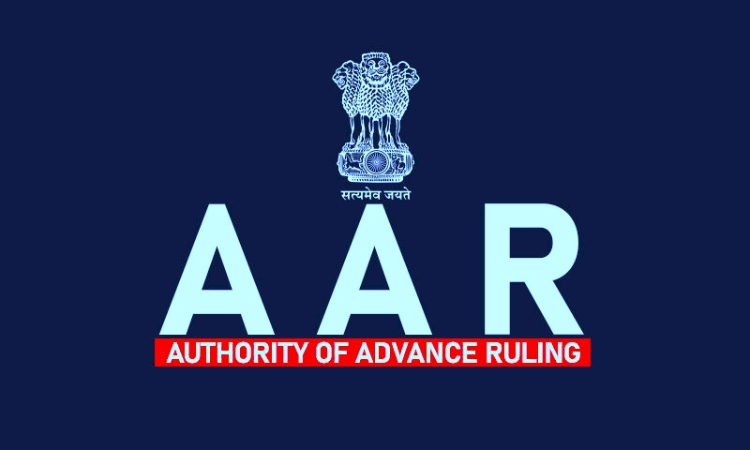The West Bengal Authority of Advance Ruling (AAR) has held that the supply of services for the plantation of mangrove seeds and seedlings in coastal areas would attract 18% GST.The two-member bench of Brajesh Kumar Singh and Joyjit Banik observed that no GST is payable on the supply of services for cultivation, planting and nurturing of fruit trees. The applicant is in the...

